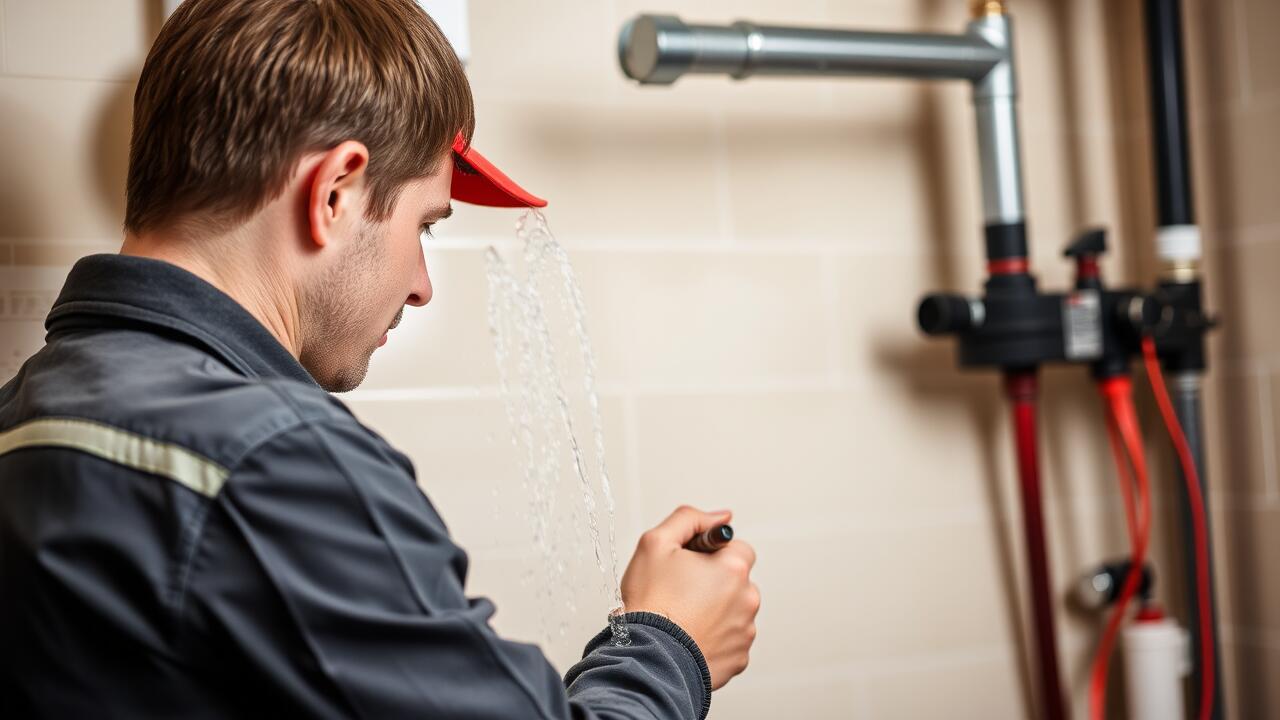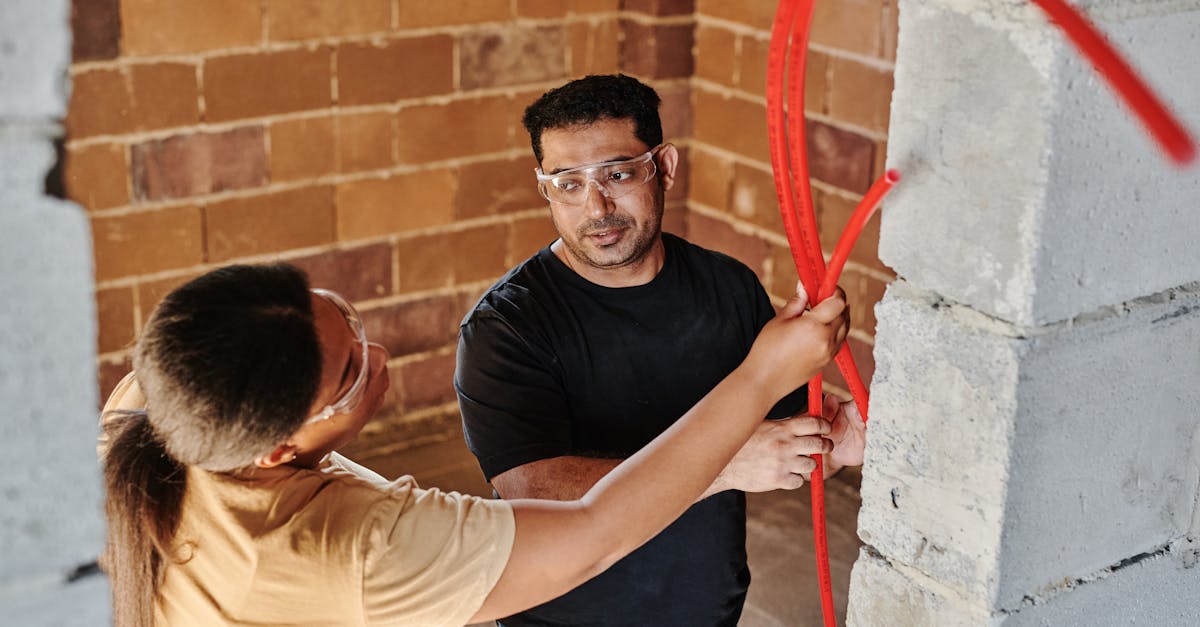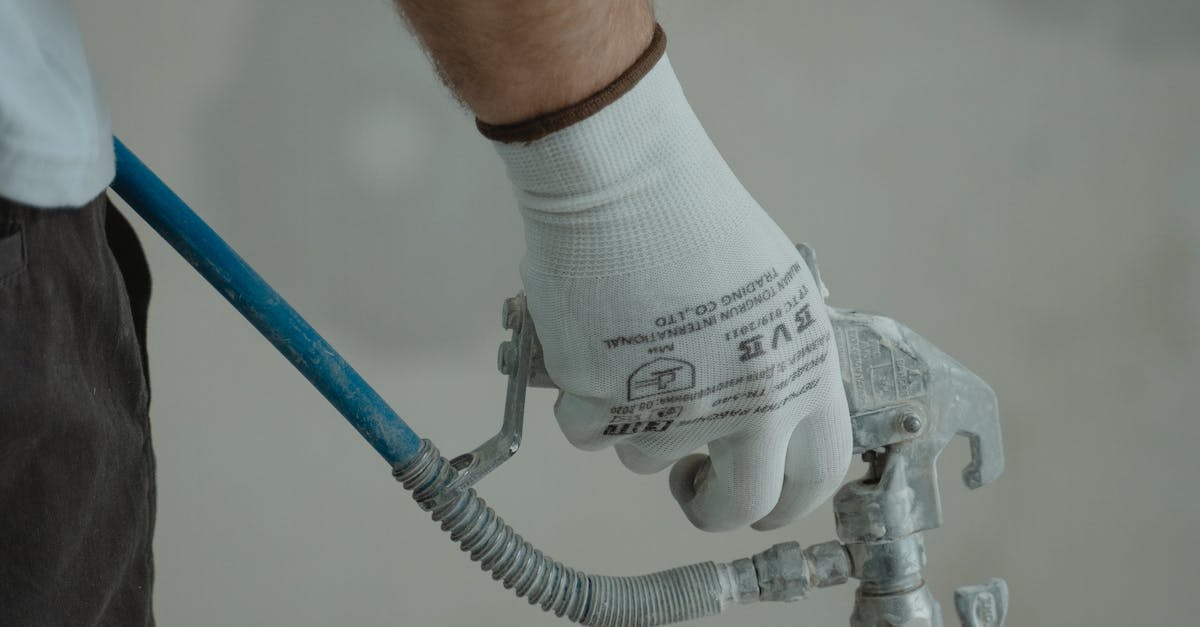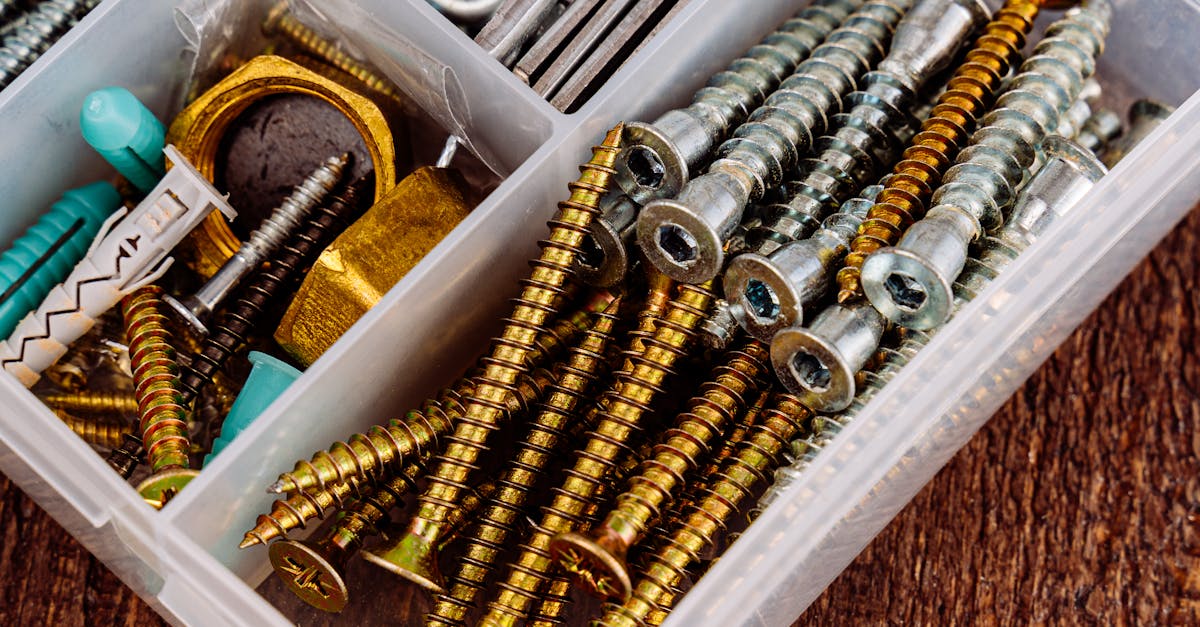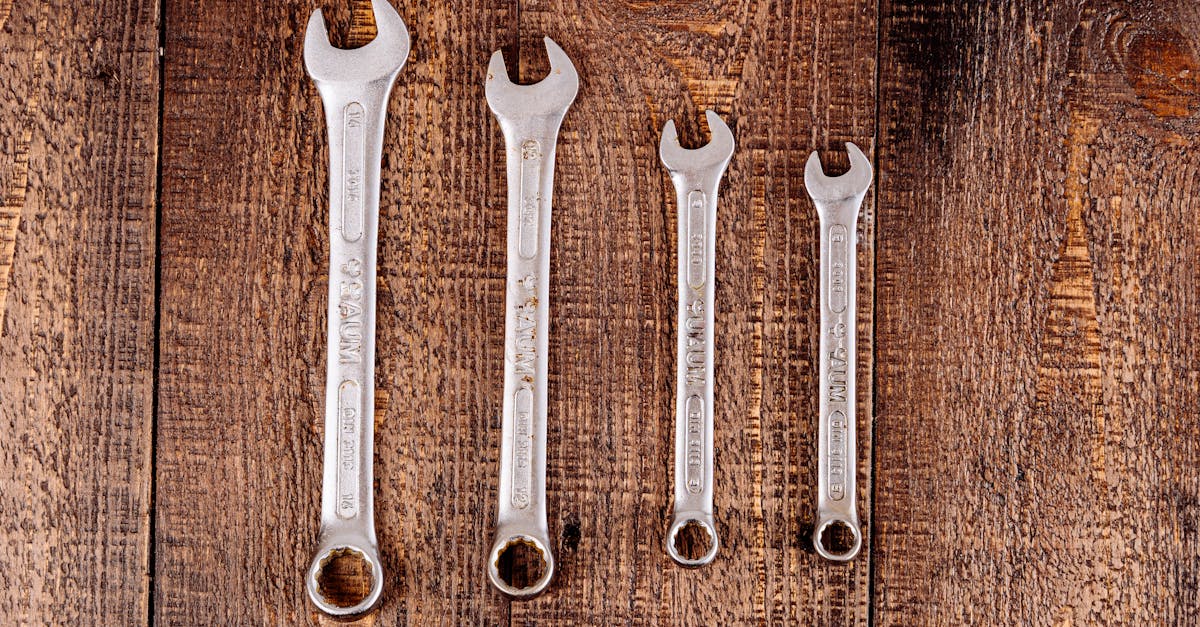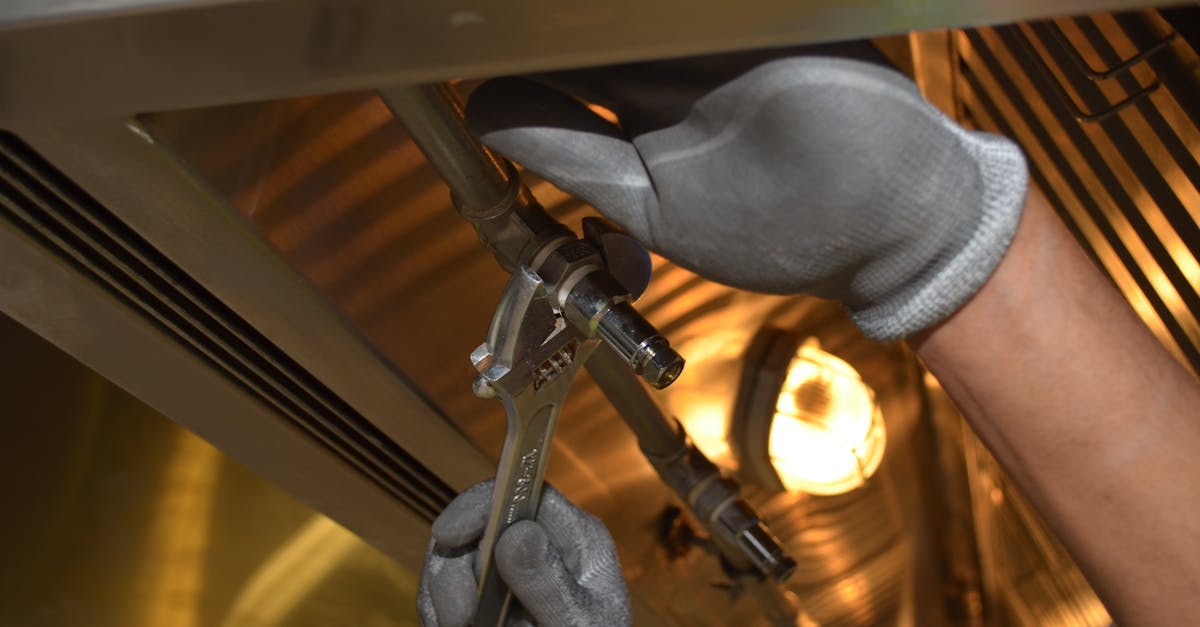
Table Of Contents
Leaks and Water Damage
Leaks from a hot water heater can indicate serious issues that may lead to significant water damage in your home. Signs of leaking include water pooling around the base of the unit or damp spots on the ceiling or walls near the heater. These leaks may start small but can quickly escalate, resulting in structural damage and mould growth if left unaddressed. If you notice any signs of a leak, it’s important to act promptly. Seeking professional assistance for a hot water system repair can help identify the root cause and prevent further damage.
In addition to visible leaks, check for signs of corrosion or rust on your hot water heater. This deterioration can compromise the integrity of the tank, leading to bigger leaks and potential bursts. Water heaters generally have a lifespan of 8 to 12 years. If yours is exhibiting signs of wear alongside leaks, consider evaluation options. A hot water system repair may provide a temporary fix, but in cases where the unit is old or consistently leaking, replacement could be the more cost-effective long-term solution.
Identifying Leaks and Their Consequences
Leaks in your hot water system can manifest in various ways, often leading to visible signs of water damage. Look for water pooling around the base of the unit or stains on walls and ceilings. These indicators suggest that a fault has occurred, which may require immediate attention to prevent further damage to your property. Consistent moisture can lead to mould growth and structural issues, making it essential to address leaks as soon as they are identified.
Beyond immediate water damage, leaking can indicate that your hot water system is deteriorating. It may signal an internal failure such as a corroded tank or faulty connections. These problems necessitate prompt action, often involving hot water system repair. Ignoring leaks can not only escalate repair costs but also compromise the overall efficiency of the unit, leading to higher utility bills and reduced water heating effectiveness over time.
Energy Efficiency Concerns
An inefficient hot water heater can significantly impact your energy bills. If you notice a steady rise in your energy costs, it may be an indicator that your system is no longer operating at peak efficiency. Over time, factors such as sediment buildup, aging components, or wear can compromise a heater’s ability to heat water effectively. Regular maintenance can help, but if you find yourself needing repeated hot water system repair, it might be time to consider a replacement.
Many newer models on the market are designed with energy efficiency in mind. These systems not only lower your energy bills but also may provide a more consistent supply of hot water. Investing in a high-efficiency hot water heater can lead to long-term savings, making it a more sensible choice compared to frequent repair of an older, less efficient unit. Assessing the energy ratings of potential replacements can guide you toward a more cost-effective solution for your hot water needs.
Recognising Increased Energy Bills
A sudden increase in energy bills can often signal that your hot water system is no longer operating efficiently. Various factors can contribute to this rise, such as age, mineral buildup, or improper maintenance. When the unit struggles to keep up with demand, it works harder and consumes more energy, leading to higher costs. Monitoring your energy expenses closely can help you identify any concerning trends related to your hot water heater’s performance.
If you find yourself frequently scheduling hot water system repair services, it may be an indication that replacement is more economical in the long run. Regular fixes can add up, and the cost of repairs can quickly exceed the expenses associated with a new unit. Assessing the age and efficiency of your current system is crucial, as it can guide your decision on whether to continue investing in repairs or to opt for a more efficient model that better suits your needs.
Frequent Repairs
A hot water heater that requires frequent repairs can be a clear indicator that it’s time for a replacement. If you find yourself consistently dealing with issues like inconsistent temperatures, strange noises, or recurring leaks, it may point to underlying problems that cannot be effectively addressed. Regular Hot Water System repair can be both inconvenient and costly, leading homeowners to reconsider the long-term implications of ongoing maintenance compared to investing in a new unit.
As maintenance costs accumulate, it’s essential to evaluate the age of your hot water heater. Most systems have a lifespan of around 8 to 12 years. If your unit is nearing or has surpassed this age while demanding recurrent repairs, the expenses may soon exceed the cost of a new installation. Investing in a replacement can provide enhanced reliability and efficiency, reducing both repair frequency and utility costs in the long run.
When Repairs Outweigh the Cost of Replacement
When contemplating whether to replace your hot water heater, frequent repairs can become a significant factor. If you find yourself calling a technician repeatedly for a hot water system repair, this might indicate underlying problems that could escalate over time. Each repair accumulates costs, and eventually, these expenses can exceed the price of purchasing a new unit. Beyond financial considerations, ongoing issues can disrupt your daily routine, leading to further frustrations.
Additionally, consider the age of your hot water heater when evaluating repair costs. Most units have a lifespan of about 8 to 12 years. If your system requires repairs regularly and is nearing this age, it may be more practical to invest in a new one instead of continuously patching up an ageing system. A new hot water system can provide improved efficiency and reliability, reducing the risk of unexpected breakdowns and the inconvenience they bring.
FAQS
What are the common signs that indicate my hot water heater needs replacing?
Common signs include visible leaks, rust or corrosion on the tank, unusual noises, and a decrease in hot water supply.
How can I check for leaks in my hot water heater?
Inspect the area around the heater for water stains or puddles, and check the tank and connections for any signs of moisture or corrosion.
What does it mean if my energy bills have increased significantly?
An increase in energy bills may suggest that your hot water heater is no longer operating efficiently, which can be a sign that it needs to be replaced.
When should I consider replacing my hot water heater instead of repairing it?
If the cost of repairs is more than 50% of the price of a new unit, or if you find yourself repeatedly repairing the same issue, it may be time to consider a replacement.
How long do hot water heaters typically last?
Most hot water heaters last between 8 to 12 years, depending on the type and maintenance. If yours is nearing this age, it's wise to start considering a replacement.
